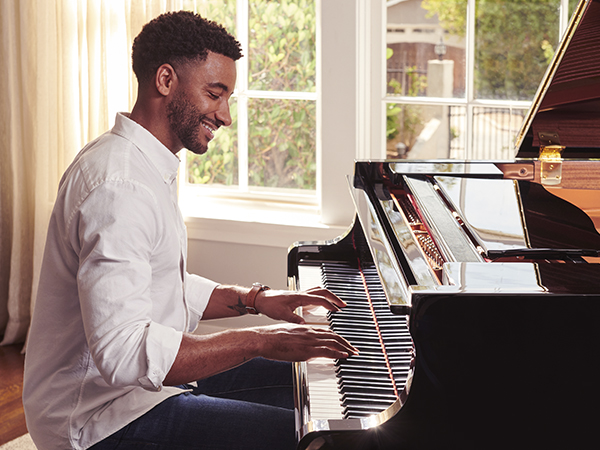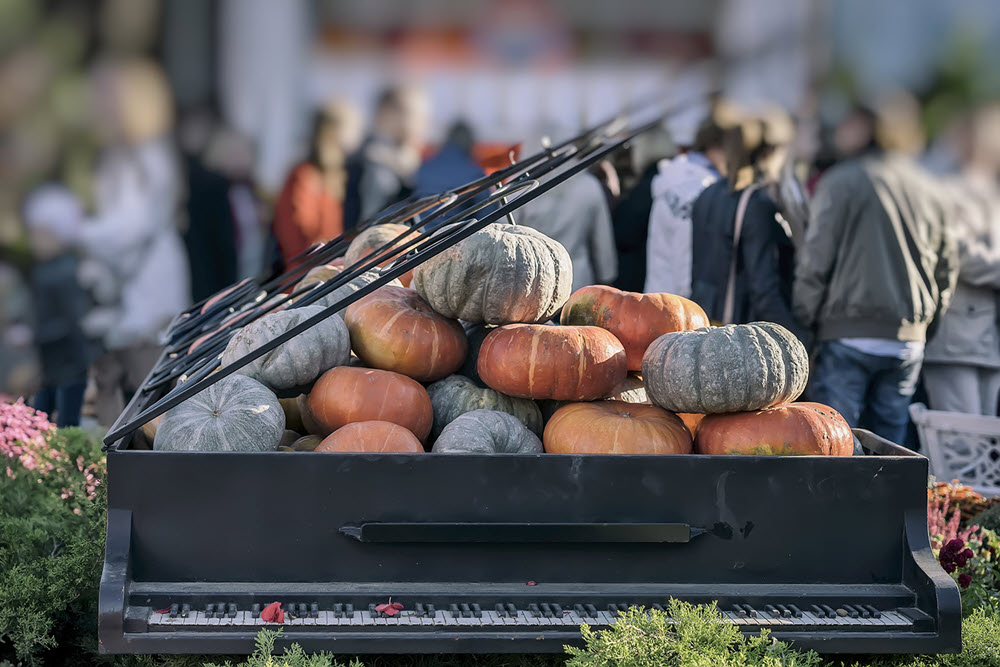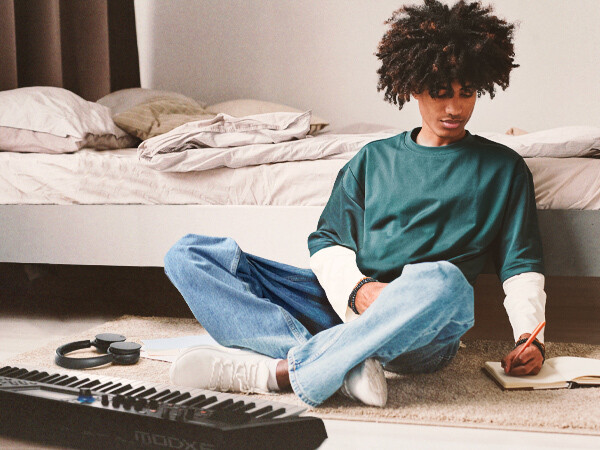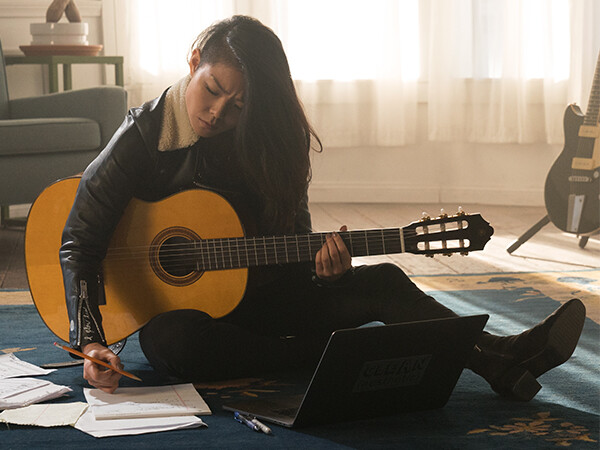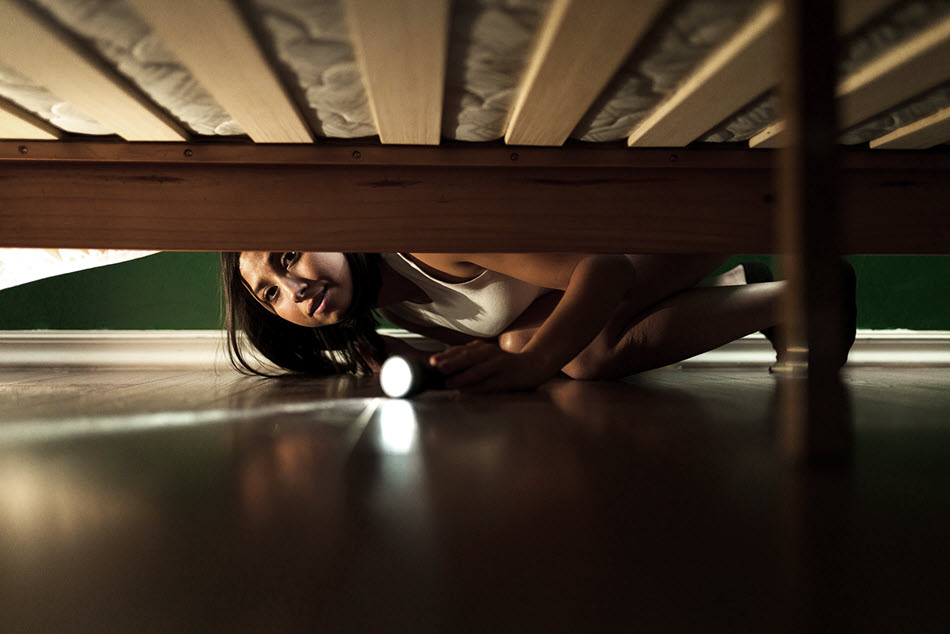Never a Dull Moment
The benefits of boredom.
I recently decided to take the train to meet some of my high school gal pals for lunch. It would be about an hour of travel.
As I got ready to leave, I wondered, should I take my tablet so I could read my book? Does it have enough juice? Where is my charger? Should I bring a portable power bank in case the battery runs low? Hmm.
I could just listen to music on my phone. But is it charged? Oh and … don’t forget earbuds. And are they charged?
You know the drill.
So much mental energy expended on making sure I had the technology necessary to stay connected en-route because heaven forbid I should be …. bored!
Then I had this thought: What if I brought nothing? What if I just looked out the window and watched the world go by? The train runs right by my high school. There are songs inside those memories. Songs I’ll never write if I’m doom-scrolling social media.
Instead of taking the risk of being bored, why not just see what boredom leads to?

“I don’t know where I am going, but I promise it won’t be boring,” David Bowie once told a concert audience — a quote that was used as the lead-in to a an article by BBC journalist Clare Thorp about the connection between boredom and creativity. Thorp asserts that it’s when we’re in the state of boredom that we are the most creative — our minds are unoccupied and available for ideas to find us. I can attest to it.
I like to think of myself as a super-busy driven woman. It’s rare when I’m idle. And when I do find myself in pause mode, I’m uncomfortable. Like it’s a waste of time unless I’m getting something done — crossing off tasks from my to-do list. But I’ve come to learn that this kind of thinking is counterproductive.
Two years ago, many creators were reduced to twiddling thumbs and counting months. But as time went by, many of us reconnected with our creativity in ways we hadn’t before. From doing nothing and despairing, we segued into writing musicals. We designed apps. Three of my friends started and finished novels. We embraced the downtime and even came to enjoy it. We came to the realization that silence and stillness was conducive to creativity.
Author Margaret Atwood has spoken of this idea through the lens of birdwatching: “Watching birds takes you out of yourself. It’s a flow state. Writing ideas come in sideways during such states.”
That flow state for me is gardening … even though I can’t make a gardenia bloom to save my life. But my anything-but-green thumb knows that when I’m doing garden work, I’m at peace. My mind makes room. I listen to music and I hear key changes and close-knit harmonies that I consider implementing in the future. Time flies when I’m nurturing my lemon tree. When the sun goes down, there’s a sense of replenishment and calm. Our minds need to rest, just as our bodies need to sleep, to recharge, just like technology.
When my daughter was a child, she used to complain from the backseat of the car that she (too) was bored. “When will we get there?” she asked over and over again. I remember asking my mother the same question, expecting her to save me … from boredom.
Think about what state you were in when you had your last eureka moment. Were you in the shower? Driving? Shopping? Whatever it was, I bet you were doing something without a creative agenda.
No, boredom isn’t something to be avoided at all costs. It’s really a gift. And if I ever sense another dull moment knocking on my door, you can be sure I’ll welcome it in.










